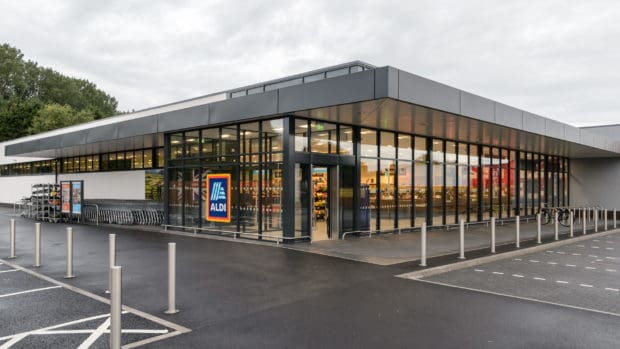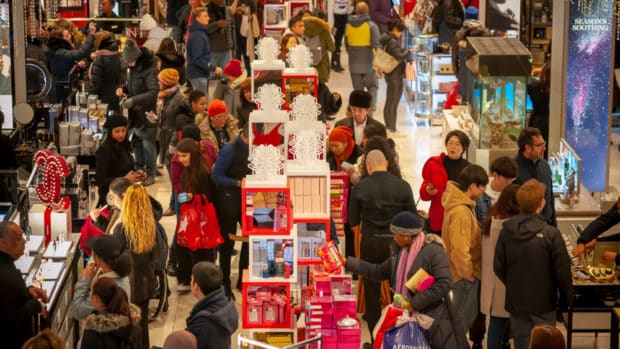New research conducted by Klarna across 2,000 UK consumers and over 250 retail decision-makers, reveals that retailers are struggling to retain their customers as consumers today increasingly have zero tolerance for a poor retail experience.
40 per cent of shoppers say just one bad experience would stop them returning to a brand. A third (32 per cent) say shopping isn’t as fun as it used to be, with 36 per cent feeling that what shoppers today have gained in convenience, they’ve lost in experience.
Where brands used to think of loyalty in terms of reward schemes or points, the findings show that for today’s shopper, the drivers of loyalty run much deeper than a transaction or offer. And when it comes to what drives disloyalty, a bad returns process (30 per cent), and a drawn out online checkout without payment options (21 per cent) rank much higher for shoppers than retailers perceive them to be.
Retailers are recognising this shift and starting to evolve the way they think about loyalty. 41 per cent of retailers agree that loyalty is no longer solely driven by rewards and 76 per cent say they have to work harder than ever to retain customers. But, many (33 per cent) are struggling to keep pace with changing consumer expectations around experience and are being held back by outdated tech (33 per cent) and a short-term focus on sales (30 per cent).
Shoppers demand more
This new research gives retailers some of the insights they need to help win the loyalty stakes and deliver the standout shopping experience demanded by consumers. It reveals that whilst the traditional drivers of loyalty remain important, it is no longer enough to only deliver value for money, quality products and a good online UX.
Shoppers today want more – craving things like brand values they can align with (40 per cent), human engagement (35 per cent) and flexible payment options (26 per cent). This is especially true of millennial and Gen Z shoppers who care less about value for money, and more about brand image (20 per cent, compared to 13 per cent of over 45-year-olds) and flexible payments (30 per cent, compared to 25 per cent of over 35-year-olds).
Can retailers keep pace?
These insights demonstrate how important it is for retailers to focus on these broader concepts of experience to win back loyalty. It’s encouraging to see forward-thinking retailers are already starting to invest in these ‘newer’ elements of experience. The top areas for investment over the next 12 months are a smooth online UX (39 per cent), additional payment options (38 per cent), a curated experience (37 per cent) and brand content (34 per cent).
Luke Griffiths, managing director at Klarna UK commented: “Loyalty is no longer a ‘points’ programme. It’s clear that consumers want to align themselves with brands who can offer them a deeper connection and understand how they want to shop. Retailers need to be investing in the right drivers of loyalty for their customers – whether that’s flexible payment options that fit with their lifestyle or curated experiences that put the fun back into shopping. As consumer expectations continue to grow and the role of experience becomes increasingly important, getting this right will be vital to success in a competitive retail market.”
Holly Stewart, head of brand, BEAUTY BAY: “We’re constantly evolving what we do to ensure we’re hitting the right drivers of loyalty for our customers. For example, being an online brand doesn’t mean only existing in the digital world and we know our customers want IRL experiences that allow them to feel truly connected to the brand. That’s why activations like beauty master classes with pop-up shopping help us create deeper loyalty and long-lasting brand advocates. We’re also now seeing payments as crucial differentiator in the shopper experience, and we recently introduced Pay in 3 for customers to split payments into manageable chunks with no fees or interest. Our customers have loved this flexibility and it’s driving new customer acquisition, increasing loyalty amongst existing customers.”








Share